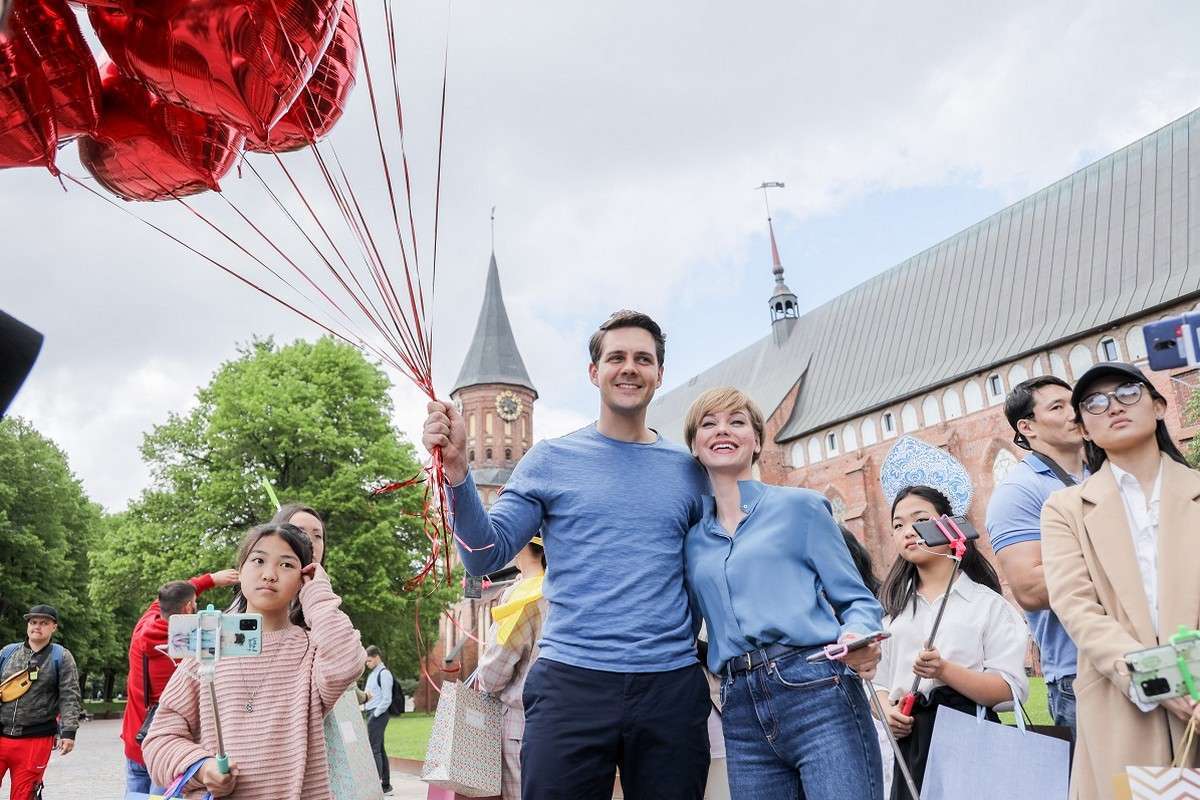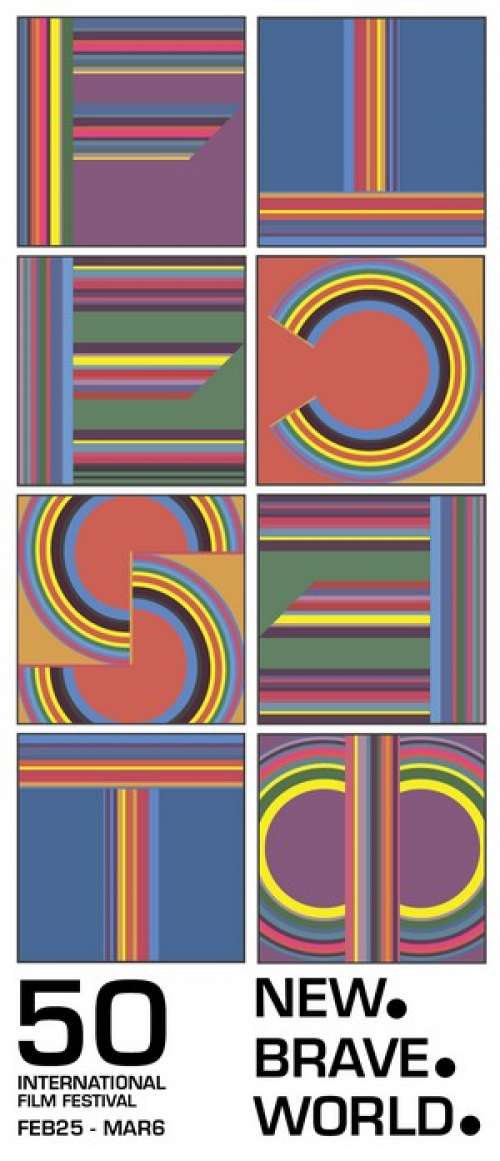After last year's participation in the jury of the Main Programme of the Moscow Film Festival, you are given the artistic responsibility of the president of the Main Jury of this year's FEST. How challenging was it to ‘measure’ the quality of a great cinema in a pandemic and what do you expect from this year's FEST, as the first man of the ‘highest value court’ of the event? Do you believe that you have a difficult role that everyone expects a lot from or did you have an ace up your sleeve, having learned from the last year's experience?
- Based on some of my knowledge, as well as from my experience in judging at international festivals in Kazakhstan and Moscow, I can say that being the president of the jury is primarily an honorary role, where the president is essentially the first among equals. It is really rare for the members of the jury to completely disagree with each other. In general, the films that are shortlisted for the awards stand out and are recognized in a special way by their quality. The challenge arises when there are 2, 3 equally high-quality films in the shortlist and when the little things and nuances decide. In art, these shades can be as big as a mountain, and for different people, different shades can mean just everything, in the sense of the key determinant. I believe that we in the jury will have quality exchanges of arguments, that we will learn from filmmakers, but also from each other. Because of all this, I see judging as an enriching experience and I see it more as an opportunity to learn than to judge.
The fact that you are bringing your new, international film to this year's FEST speaks of the fact that FEST has a special place for you, as well as for the domestic audience. How much does FEST mean to you, as the most influential domestic film festival?
- For me, FEST is a wonderful and important tradition that over time, for 50 years now, has shown primarily all the vitality of film and art. It is a bright spot even in those darkest days of the past. FEST is a meeting place for filmmakers from all over the world, which in those days of the festival becomes a real small oasis of freedom. A place where in various ways, without fear and restraint, without regard to current trends and ‘acceptable norms’, all the basic questions of the human spirit concerning love, life and death, morality, freedom are asked … Questions with no definitive answers, yet the search for them makes us truly alive.
Both the domestic and world premiere of your latest acting-production achievement ‘Desperate for Marriage’ is happening at the same time (Belgrade and Moscow on March 5, Germany a few days later). How different is the production process over a new project in the conditions of a small cinema, such as domestic, and high-budget production, such as your films made for the giant market of Russia? What are the biggest challenges of both approaches?
- Each film is a story for itself and each film has its own life, which can be divided into certain stages, mutually independent, and yet connected. The process of creation is one thing, and the cinematic life of the film and the path to the hearts of the viewers is another.
We are presenting the film ‘Desperate for Marriage’ at FEST, on March 5, and it will be in cinemas from March 24, and it is very important to me. We have been preparing it for more than two years, with many difficulties, due to problems regarding the coronavirus, inability to harmonize deadlines and various other obstacles. This is the debut film of my colleague and friend Sonya Karpunina, who wrote and directed this film and did a giant part of the work to make this film happen in very difficult production circumstances. Great cinema and a big market do not mean a lack of difficulties when it comes to making a film.
According to an urban anecdote about you, as a young actor, your dream of working with a director such as Nikita Mikhalkov has come true. What is the truth in those media articles about the ‘finger of fate’ that connected you with the Oscar winner Mikhalkov? Did it pave the way for you as an artist, and even contributed to your sensibility?
- I have already spoken several times about how the finger of fate or providence or the power of true desire, or all that together, led me to Nikita Mikhalkov and working with him. First of all, my colleagues witnessed that, but also all those who have known me for a long time and know how much I wanted it. In any case, my artistic journey in Russia did begin with a role in Nikita Mikhalkov's film, which was not even the main role, but one of the 3 so-called supporting roles in that film. However, this only opened the door, because one role is not enough for a career, even if it was with Mikhalkov, but long and concrete work and constant proving. However, working with Mikhalkov was very important to me, as a kind of additional schooling or additional artistic education, because being part of the process in which Nikita creates his film is an immeasurable, precious experience that permanently enriches you as an actor and as a person in general. The way Mikhalkov makes the film, the dedication to every detail and sector in that process is art in itself. Watching him on one occasion, while in preparation, with his eyes closed, he taps his fingers on the table, while we say the lines, I commented that for this particular scene, it is enough just to listen. He replied: ‘That is the point. The film is like a composition. If you can look at it with your eyes closed, it means you shot it well. ‘
How do you see the difference between Western, Russian and domestic views of contemporary film?
- As for the differences between Western, Russian and our film, I would not generalize things. A film understood as a pure commercial product, as well as ingenious art and good films can be found all over the world. I think that it is primarily a question of the filmmaker and his wishes, knowledge and possibilities, but also him making a choice what he wants to say with his film and why he is making it.
However, what I want to emphasize is my deep conviction, but also the knowledge that our films, with adequate financial support, can match the artistic quality of world film productions, no matter where they come from.









